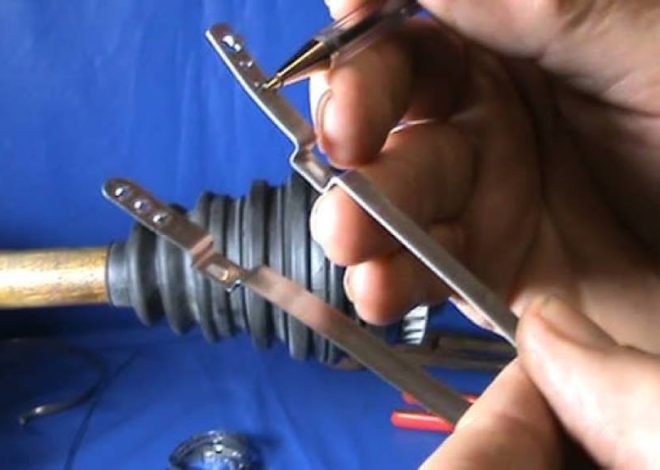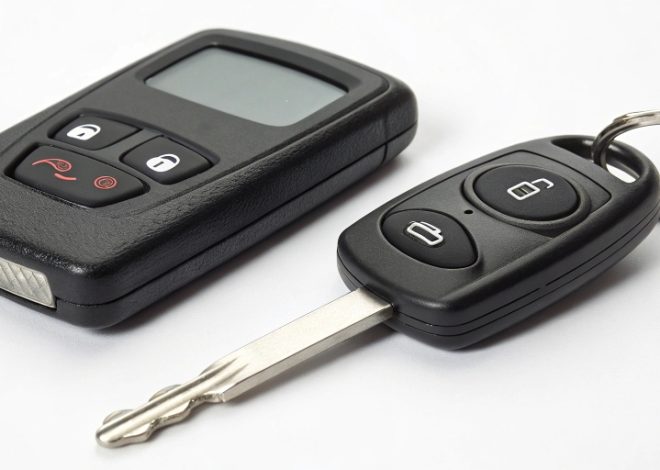
Car Jerks When Accelerating at Low Speeds – Causes & Fixes for Automatics
Few things unsettle drivers more than when a car unexpectedly jerks during acceleration. Especially in automatic vehicles, this issue not only ruins the driving experience but may signal deeper mechanical problems. If your car jerks when accelerating at low speeds can vary, from minor maintenance oversights to serious transmission faults. This guide breaks it down for you—clearly, thoroughly, and backed by experience.
What Does Jerking at Low Speeds Mean?
Jerking during low-speed acceleration refers to sudden, unintentional jolts or surges. This usually happens when transitioning from a stop or slowly increasing speed, like in traffic or parking situations. It’s a common complaint among automatic car owners, and unfortunately, often ignored until it gets worse.
While a light jolt might seem harmless at first, frequent jerking can strain your drivetrain. Over time, this increases wear on your transmission, engine mounts, and even the axles. AAA reports that 1 in 5 breakdowns are transmission-related, and unresolved jerking symptoms may contribute to that.
Primary Causes of Jerking in Automatic Cars
Understanding the cause is the first step toward a reliable fix. Here are the most frequent culprits:
-
Dirty or Failing Fuel Injectors
Fuel injectors play a key role in maintaining a smooth throttle response. When they clog, your engine struggles to receive the right amount of fuel, resulting in jerks during acceleration.
- Symptoms: Rough idling, poor fuel economy, delayed throttle response.
- Fix: A professional cleaning service or injector replacement. DIY injector cleaner additives can work if buildup is minor.
According to RepairPal, injector cleaning typically costs between $50–$100, while replacement can exceed $300 depending on the vehicle.
-
Transmission Troubles
In automatics, a slipping or poorly functioning transmission is often to blame. Faulty solenoids, low fluid levels, or worn-out clutch packs cause improper gear shifts.
- Symptoms: Hesitation, gear slipping, hard shifts.
- Fix: Check and replace transmission fluid, repair solenoids, or perform a rebuild in severe cases.
Transmission fluid should be checked every 30,000–60,000 miles, and using the wrong fluid type is a common mistake. As per YourMechanic, over 50% of automatic transmission failures result from fluid neglect.
-
Faulty Throttle Position Sensor (TPS)
A malfunctioning TPS can’t relay accurate throttle input to your engine control unit (ECU), causing inconsistent acceleration and unexpected jerks.
- Symptoms: Poor acceleration, irregular RPMs, CEL illumination.
- Fix: Diagnosis with an OBD2 scanner followed by replacement, averaging $150–$250 including labor.
Many automakers now use “drive-by-wire” throttle systems. In these setups, even slight sensor issues can severely affect drivability.
-
Engine Misfires
Misfiring occurs when one or more cylinders fail to ignite properly. The result is an uneven power output, leading to a jerking motion.
- Symptoms: Check engine light, sputtering, loss of power.
- Fix: Replacing spark plugs, coils, or addressing vacuum leaks.
According to Consumer Reports, spark plugs should be replaced every 30,000 to 100,000 miles, depending on type and engine.
-
Dirty Mass Air Flow (MAF) Sensor
The MAF sensor measures incoming air to balance air-fuel ratios. When dirty, it causes hesitation or jerking during slow acceleration.
- Symptoms: Hesitation, black smoke, poor fuel economy.
- Fix: Cleaning the MAF with specialized spray or replacing it if damaged.
A neglected air filter often causes early MAF failure. Replacing the air filter every 12,000–15,000 miles is crucial for prevention.
Less Common But Possible Causes
While the above causes account for most issues, a few less obvious ones can also result in jerking:
- Worn Motor Mounts: Aged mounts can’t absorb engine movement, making jerks more noticeable.
- Bad CV Joints: These affect power delivery to the wheels and can cause shuddering under load.
- Software Glitches: Outdated ECU software can mismanage gear shifts in modern automatics.
These causes are often missed in routine checks, so a mechanic with diagnostic experience is crucial when initial repairs fail.
Fixes for Jerking During Low-Speed Acceleration
Once you identify the cause, targeted fixes can quickly restore smooth driving:
- Perform a full OBD-II scan. This uncovers hidden codes that aren’t visible through dashboard lights.
- Replace old spark plugs and air filters. Basic maintenance can resolve several issues.
- Flush and refill transmission fluid. Use the exact fluid type recommended by your vehicle’s manufacturer.
- Update the ECU software. Many dealerships provide software updates that fix shifting irregularities.
While some fixes are DIY-friendly, transmission or sensor issues usually require professional help.
Expert Tip: Use Preventive Maintenance
Preventive maintenance drastically reduces jerking issues. Stick to service intervals for:
- Transmission fluid
- Spark plugs
- Air and fuel filters
- Throttle body and MAF cleaning
Data from J.D. Power suggests that cars with timely maintenance schedules have 30% fewer drivetrain issues over five years.
Real-World Example
A 2017 Toyota Camry owner reported light jerking in stop-and-go traffic. A diagnostic revealed a dirty throttle body and low transmission fluid. After cleaning and fluid replacement, the issue resolved completely. Total repair cost: $190. This showcases how timely diagnostics can prevent major expenses later.
Conquering the Car Junk yard: Safety Tips for a Treasure Hunt
FAQs About Car Jerking When Accelerating at Low Speeds in Automatics
- Is jerking at low speeds dangerous?
Yes. While not immediately catastrophic, it can signal a developing issue that may lead to breakdown or accidents. - Can bad gas cause jerking?
Low-quality fuel can affect combustion and cause mild jerking. Try refueling with a reputable brand before seeking repairs. - Should I keep driving if my car jerks?
No. Continuing to drive could damage transmission or engine components and worsen repair costs. - Do all automatic cars eventually jerk?
No. With proper maintenance, most automatic transmissions run smoothly for over 150,000 miles. - How do I know if the problem is the transmission?
Check for gear slipping, whining sounds, or delayed shifting. A scan tool can confirm the issue. - What does a mechanic typically check first?
They start with a computer scan, then inspect fuel delivery, throttle input, and transmission fluid condition. - Is it cheaper to repair or replace the transmission?
Repairs are cheaper initially, but if failures are recurring, a replacement may offer better long-term value.
Final Thought
When your car jerks when accelerating at low speeds aren’t addressed early, what begins as a small inconvenience can snowball into costly repairs. Whether it’s a clogged injector, faulty sensor, or low fluid, each issue has a logical solution. Staying informed and acting quickly saves you money, frustration, and time off the road.
Regular maintenance, diagnostic scans, and knowing the signs of trouble will keep your vehicle running smoothly. If you notice any of the symptoms mentioned, don’t delay. What seems like a small hiccup today could be tomorrow’s breakdown.
Read More:
Locked Out of Luxury: Why Your Mercedes Steering Lock Isn’t Working
The Most Commonly Repaired Items on a Vehicle: A Comprehensive Guide




